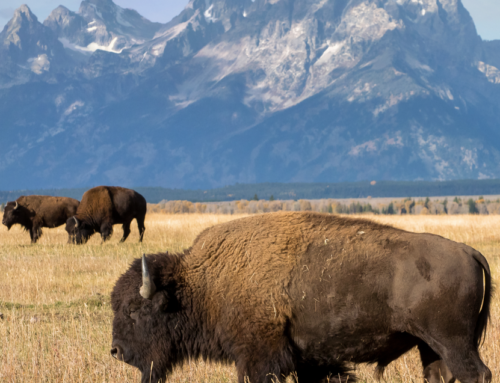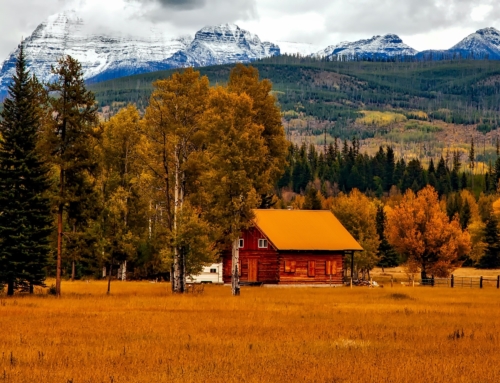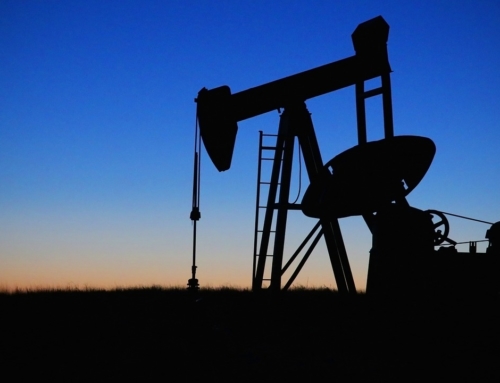Bernie Sanders, who is currently leading the 2020 Democratic presidential nomination race, recently unveiled his view of the future of the oil and gas industry. In it, hydraulic fracturing, or fracking, as it has become known (see this useful BBC article for an explanation of what exactly hydraulic fracturing is), will be banned on all federal lands by 2025. Adoption of such a ban would have widespread implications, both on global energy production, and individual mineral rights owners within the United States.
Sanders stated: “If we are serious about clean air and drinking water, if we are serious about combating climate change, the only safe and sane way to move forward is to ban fracking nationwide.”
The bill is known as the “Ban Fracking Act” and proposes to cancel all federal permits that include fracking operations and place a ban on fracking within 2,500 of homes and schools by 2021, with a complete ban of fracking beginning in 2025.
United States Energy Production
The United States is the largest oil and gas producer in the world, producing approximately 12.4 million b/d of oil and 18.13 Bcf/d of natural gas. Federal lands account for ~23% of the countries production. If some form of this proposal were to come to fruition, it would reduce the United States output growth by 1.6 million b/d of oil and 2.4 Bcf/d of gas growth, per Platts Analytics.
Many of the potential top Democratic presidential nominees have stated their support of a ban on fracking. The other leading Democratic candidate, Elizabeth Warren, has made similar statements about her intent to ban all fracking. And both candidates are not limiting their sights simply to federal lands, either:
Sanders stated: “any proposal to avert the climate crisis must include a full fracking ban on public and private lands.”Warren tweeted that she would “sign an executive order that puts a total moratorium on all new fossil fuel leases for drilling offshore and on public lands. And I will ban fracking—everywhere.”










